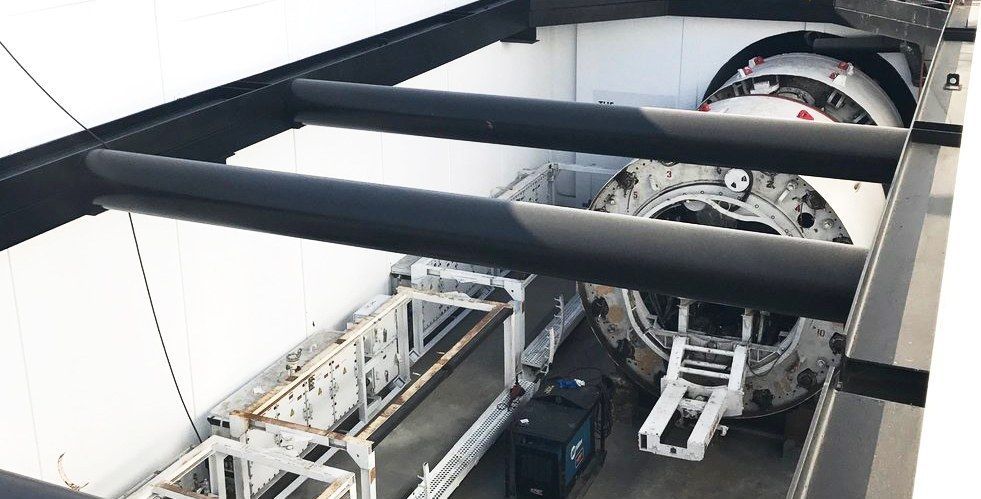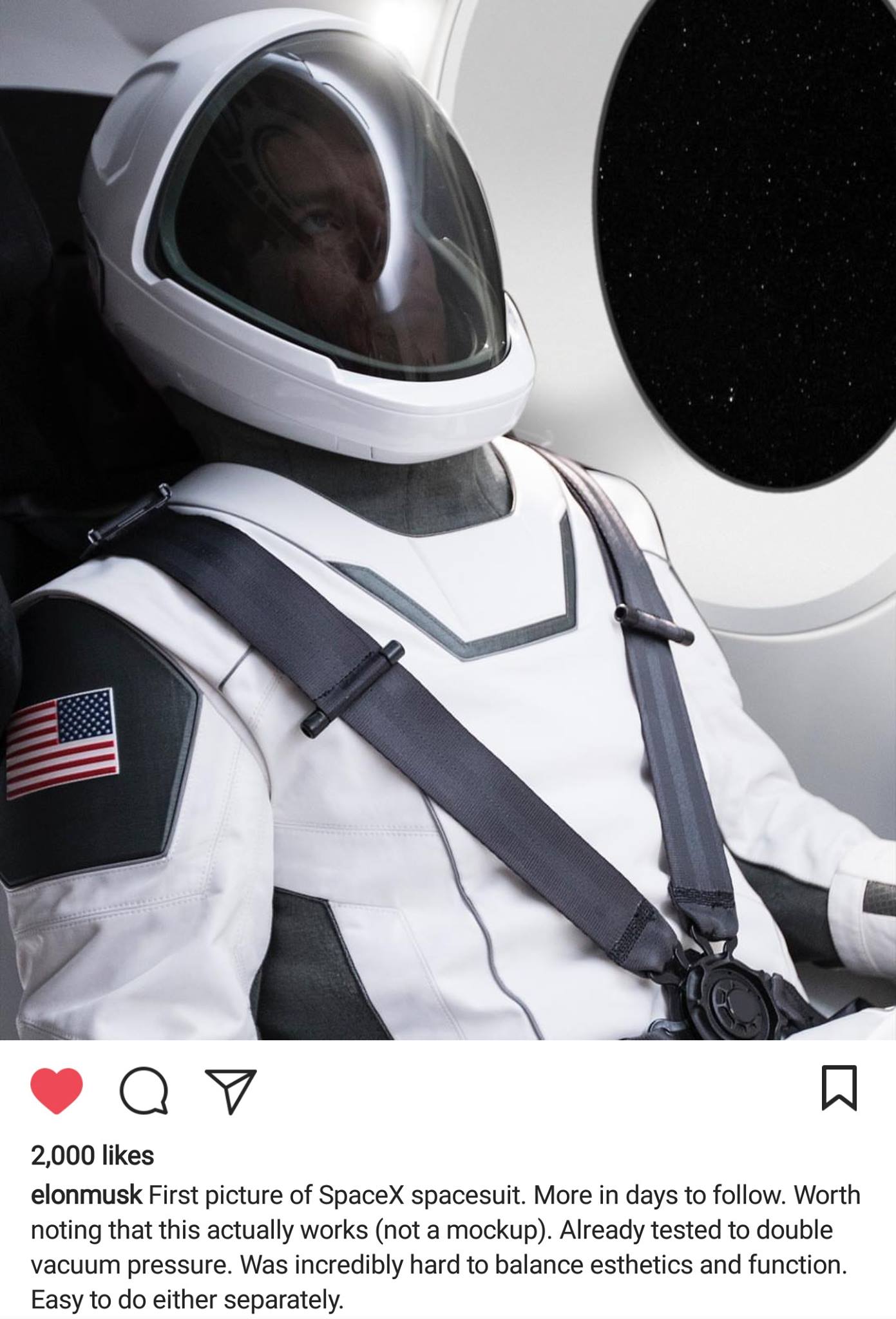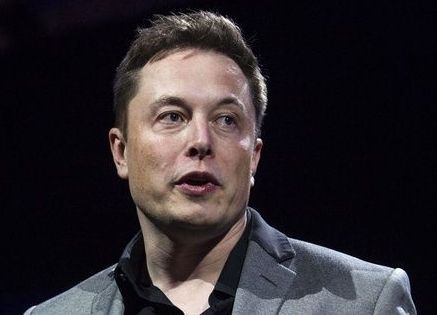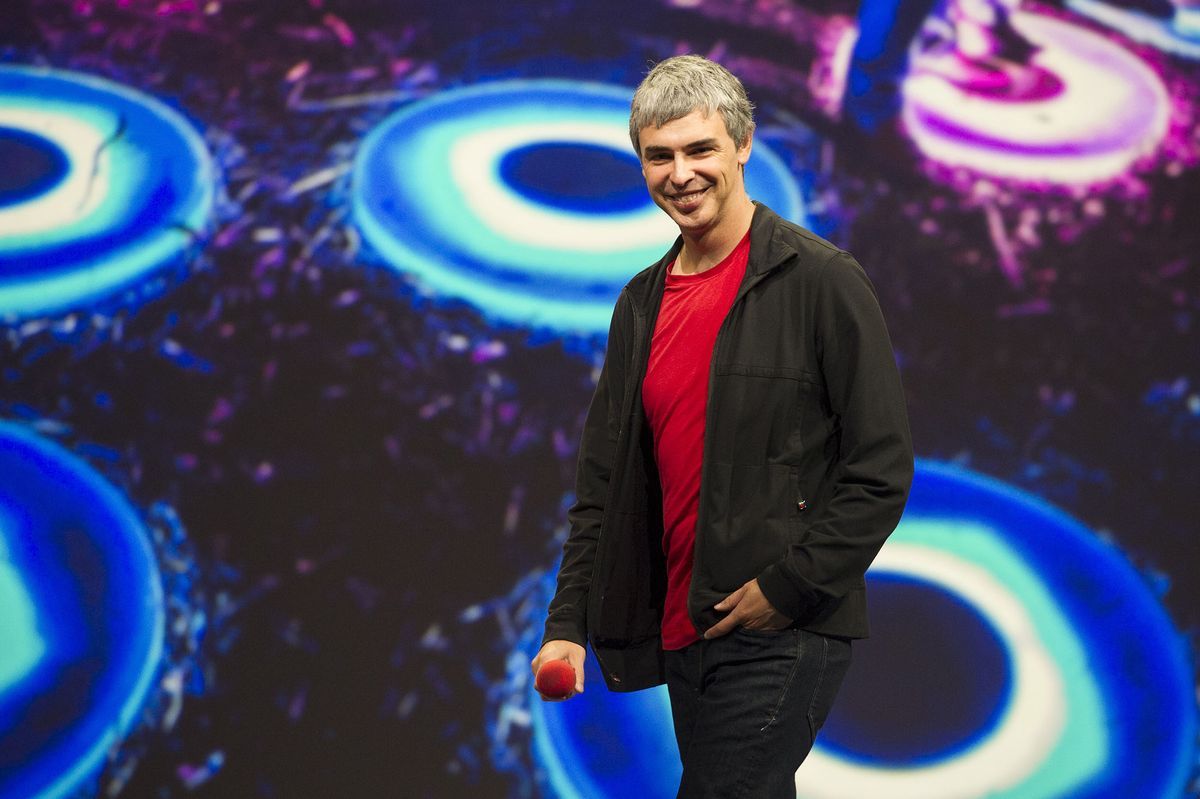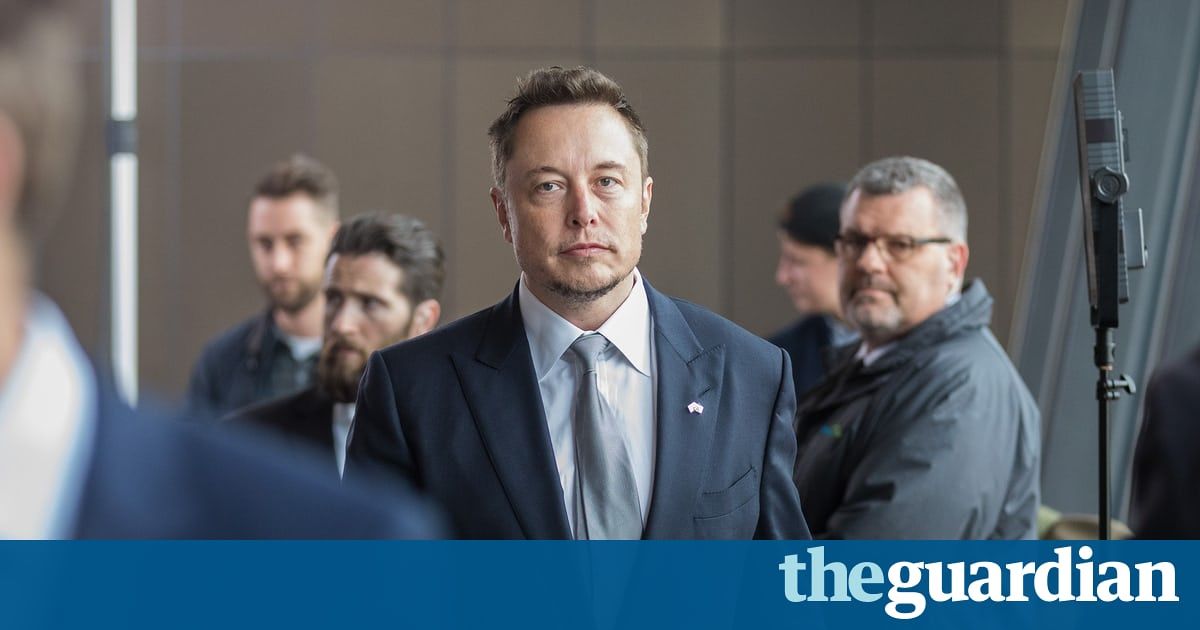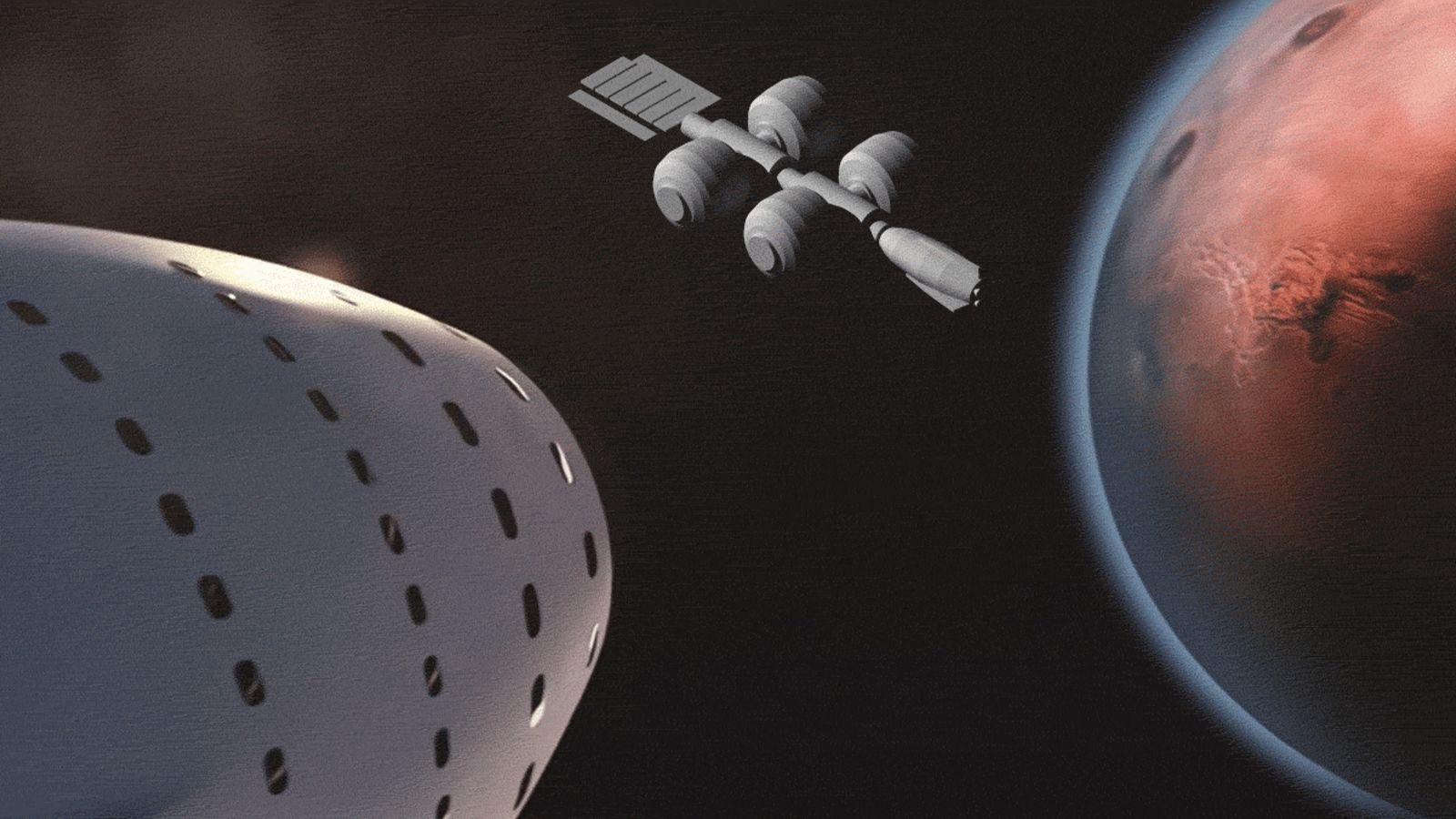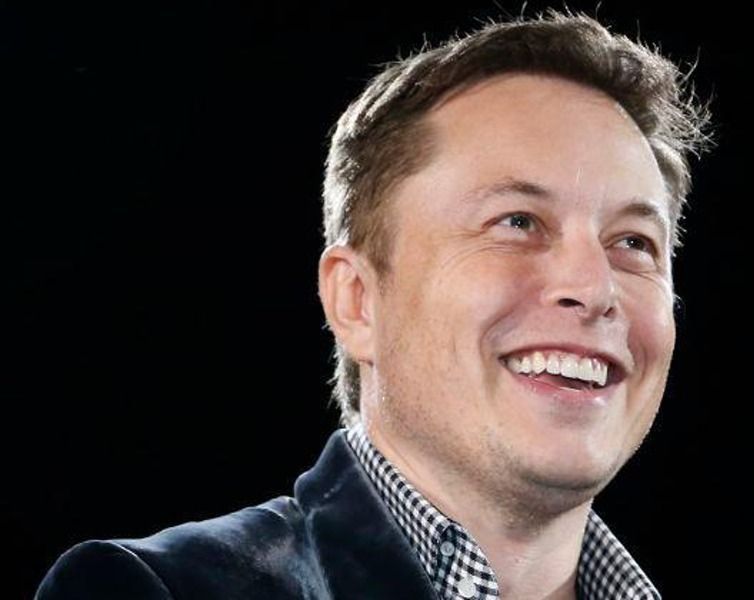Neuralink is working to link the human brain with a machine interface by creating micron-sized devices.
He said creating a brain-machine interface will be vital to help humans compete with the ‘godlike’ robots of the future.
Neuralink was registered in California as a ‘medical research’ company last July, and he plans on funding the company mostly by himself.
